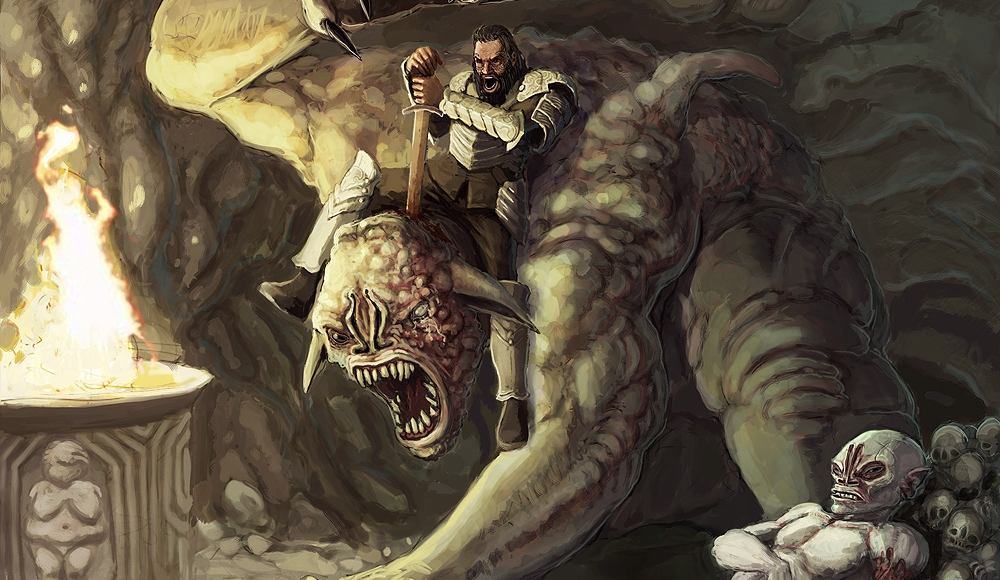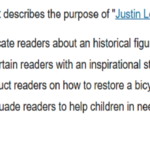Grendel, the infamous monster from the Old English epic Beowulf, has many ages now been seen as simply the enemy. But his worldview is nuanced beyond that of an empty animal. This opportunity gives us a glimpse of his inner thoughts, feelings, and motivations through a more literary lens, most prevalently John Gardner’s novel Grendel. In this article, we take a closer look at Grendel’s perspective — his philosophy, existential struggles, and how he views the world of humans.
The Existential Crises of Grendel
Grendel’s identity is shaped greatly by his existential crisis. In Grendel, Gardner conceives him as a being tortured by the search for meaning in an uncaring cosmos. In Beowulf, he is nothing but a villain, but Grendel makes him a creature that questions existence. His encounters with dragon only deepen his nihilistic outlook; he begins to embrace chaos and destruction as his site purpose.
His View of Humanity
To Grendel, humans are simultaneously interesting and revolting. He sees their creativity, storytelling and ambition, but also their hypocrisy and violence. They’re agents of a false order imposed on a messy, chaotic world, and they often rationalize their actions with all types of self-interested mythologies. Grendel’s first interactions with the Danes reveal his ambivalence—he admires their fierce warrior culture but responds with contempt to their pretensions and brutality.
The Influence of the Dragon
The most notable event shaping Grendel’s worldview is his meeting with the dragon. The dragon is an all-knowing, cynical figure, and he presents Grendel with the philosophy of nihilism. Nothing really matters, he tells Grendel; embrace your inner destroyer. This encounter solidifies Grendel’s understanding that life holds no inherent meaning, prompting him to unleash his violent urges without guilt. which statement best describes grendel’s perspective?
The Solitude and Loneliness of Grendel
Rather than straightforward anger, Grendel’s feelings come from a place of deep loneliness. He is a pariah, shunned by humans and by his own monstrous kind. He desires to understand others and to be understood in return, which is expressed both by his interest in Shaper’s poetry, when he captures them post-mortem, and his relationship with the Shaper. But his monster nature means he is always alone, increasing his bitterness and anger.
Fate in Grendel’s Perspective
Grendel struggles a lot with the idea of fate. He thinks of himself as having the freedom to act, but he is finally entrapment of the Beowulf tale. His awareness of inevitability — of his knowledge that his own death is impending — only deepens his existential despair. Freewill versus predestination is a running theme that plays into how he perceives himself as well as the world he lives in. which statement best describes grendel’s perspective?
Conclusion
Grendel’s view is far more complex than that of a one-note villain. He is a being weighted with existential questions, an obsession with humanity and profound loneliness. Interactions with the dragon drive him toward nihilism, while his ostracization from society exacerbates his depravity. By Reimagining Grendel’s narrative, we get a deeper understanding of his character and the larger messages in both Beowulf and Grendel.


